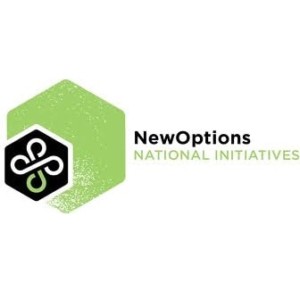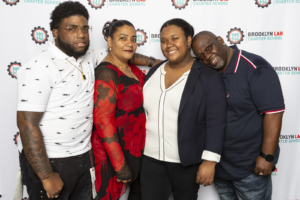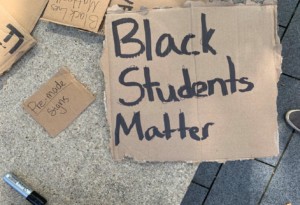Are American Students Workforce Ready?
 Are American students workforce ready? To what extent do schools teach workforce readiness skills? How do we measure workforce readiness of individual students? Is a national measure of workforce readiness a needed tool to increase the focus on workforce readiness? Can such a measure be developed and endorsed and utilized by all the sectors that “theoretically” need it?
Are American students workforce ready? To what extent do schools teach workforce readiness skills? How do we measure workforce readiness of individual students? Is a national measure of workforce readiness a needed tool to increase the focus on workforce readiness? Can such a measure be developed and endorsed and utilized by all the sectors that “theoretically” need it?
Those are a few of the tough questions a small conference grappled with Tuesday. Charles Fadel, Center for Curriculum Design and Mary Wright, Conference Board hosted the intimate discussion.
Can measurement help hiring and market signalling? Merrilea Mayo said the New Options Project in New Mexico has demonstrated that skills assessment, using a tool like ACT’s WorkKeys, can be an extremely helpful hiring tool (see Aims Community College case study).
Mayo’s research suggests big gaps with conventional wisdom:
- Most jobs require 3-5 key skills
- Most key skills are not taught in school
- Degrees are weak predictors of success, and
- College algebra does not teach critical thinking.
The New Options Project suggests that applied observation, listening, and locating information–the learning how to learn skills–are critical to many new jobs. “Schools deals with acquiring known rather than grappling with unknown,” said Mayo.
Attendees discussed the challenges and benefits of an assessment tool based on the Framework for 21st Century Learning. Bernie Trilling, co-author with Charles of 21st Century Skills, noted that a workforce readiness assessment would have uses:
- Providing feedback to individual students
- Improving screening and hiring
- Market signaling to schools, and
- Development tool for younger worker.
Leslie Beller from Chicago Public Schools, presented as well developed employability assessment that has been piloted with more than 100,000 students. Her work suggests that a lightweight assessment tool can help incorporate workforce expectations into learning experiences and reporting systems.







0 Comments
Leave a Comment
Your email address will not be published. All fields are required.